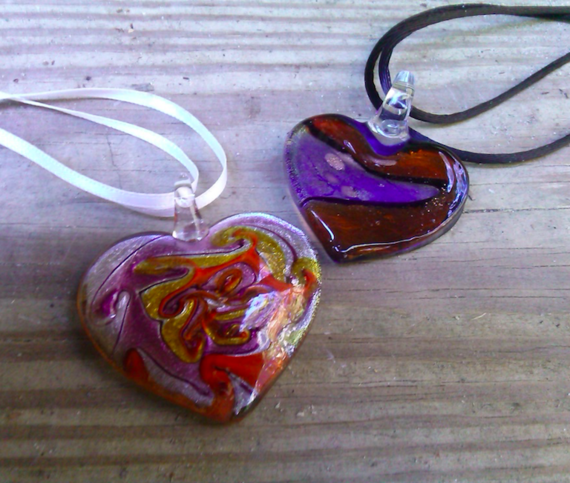I have an odd kind of superpower. I can look at people who are suffering and feel immediate empathy for them. I'm not bragging here; it's true.
It's because I've been through my own brand of hell.
Six years ago we lost our 16-year-old son, our only child, in a car accident. When I tell someone this -- and I avoid telling people, believe me -- the most frequent response is, "I can't imagine."
This is shorthand for, "I can't imagine the depth of your pain. I can't imagine the bleakness of your life. How empty your house must seem. How endless each and every day."
They're right; they can't. Fortunately, time is indeed the great healer. My pain, bleakness, and emptiness have mostly receded. They may come swimming right back to the surface, though, if I see someone else in pain.
The question then becomes how I respond. Do I allow these feelings to overwhelm me, and retreat into the dark sorrow I know so well? Sometimes, yes, I do. But more often--I've been working hard on this -- I try to stand silently for a moment, letting myself feel the other person's pain. I ask myself if there's something I can do to help.
Often the best thing I can do for the person is simply to listen to his story. To ask questions like I'm really interested, which I am. To stay with her until my heart tells me it's okay to leave.
All this can be a powerful balm for someone who's having a terrible moment, or a terrible day. I know from experience. And when I comfort others, simply by being present for them, it's also a powerful balm for me.
I'm like everyone else, though, when it comes to having too much to do. Often I'll see a person in need and speed right by. The world is full of pain. I can't take it all on. No one is asking that I try.
It's my belief that I'm simply being asked to pay attention to suffering, and to step in when I sense an opportunity.
I might well have taken a different approach. People tell me I'm a strong woman, and after Reid's death my first impulse was to declare war on my grief. For a time I tried pushing through, powering on with my life despite all. But there was one sentiment I couldn't wrestle to the ground: My life had lost its meaning.
Gradually I realized that I might be able to find meaning and purpose again if I set out to help people make it through their own empty moments. To my amazement, I found that simple acts of kindness and compassion helped me rekindle the light that lives deep inside me.
I've often wondered why comforting others makes me feel so much more alive. Recently I've realized that having walked through the fire, I may be specially equipped to help others make the passage, and survive.
Grief has taught me that I can reach out, if only I dare. This is the source of my "superpower": The willingness to look at suffering full on, without flinching. We'd rather not be confronted by deep pain in this culture. We'd rather keep it hidden, and hide it within ourselves. But by hiding it, we imprison ourselves in the loneliest kind of solitary confinement. Breaking out, taking a chance and extending a hand to others, has been for me both a lifesaver and a way to honor Reid.
It would be an exaggeration to say that I keep my eyes peeled for people in pain or trouble. I simply try to stay aware of my surroundings, and to be open to engagement with those around me. This is the complete opposite of how I moved through my world right after Reid's death, hooding my eyes, struggling just to carry the stone that had become my heart. It feels liberating now to be open to possibility, to lightness, and to wielding the immensely healing -- for me -- power that lies within three simple words: Can I help?
This post is part of Common Grief, a Healthy Living editorial initiative. Grief is an inevitable part of life, but that doesn't make navigating it any easier. The deep sorrow that accompanies the death of a loved one, the end of a marriage or even moving far away from home, is real. But while grief is universal, we all grieve differently. So we started Common Grief to help learn from each other. Let's talk about living with loss. If you have a story you'd like to share, email us at strongertogether@huffingtonpost.com.
